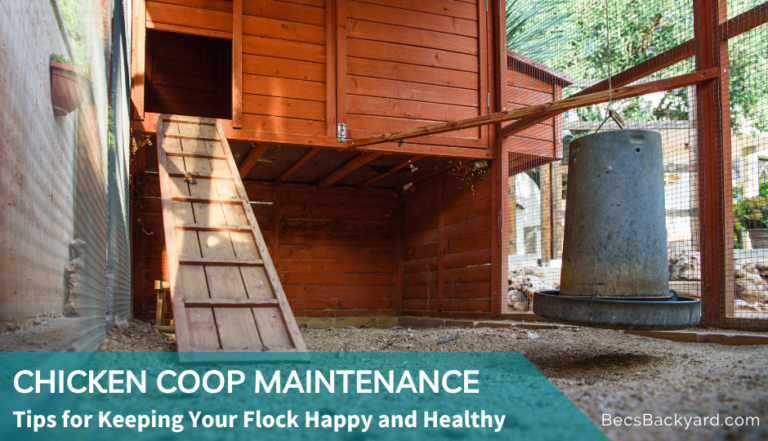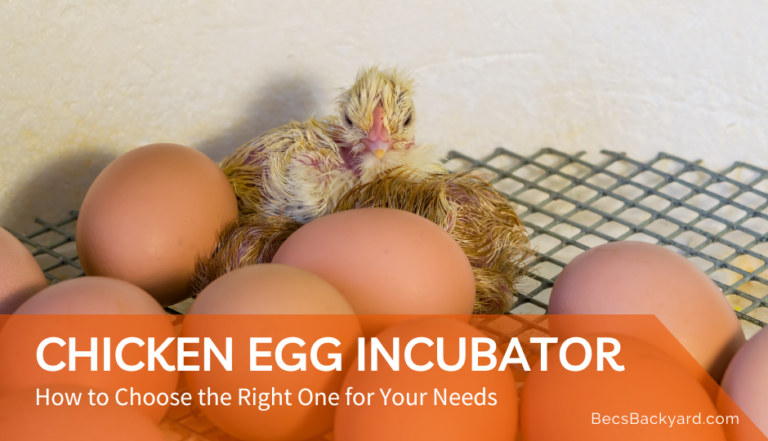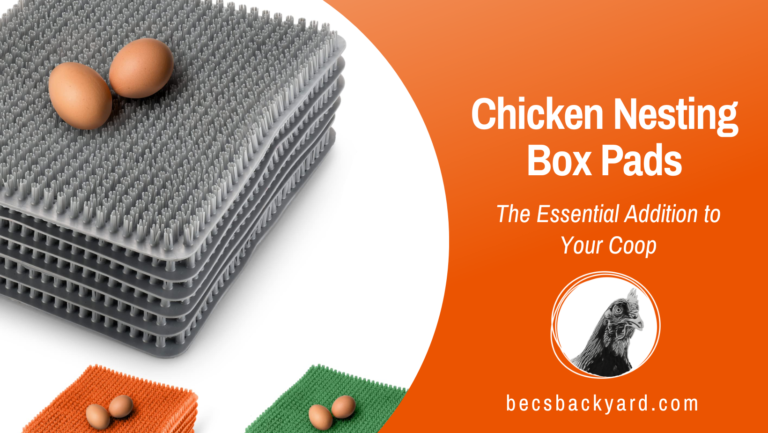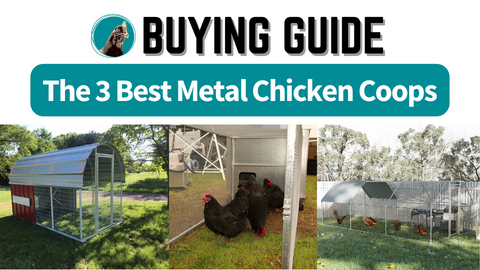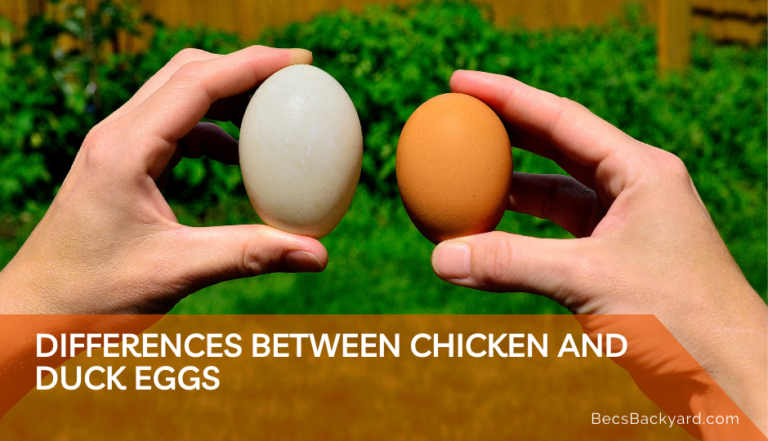Netting for Chicken Coops: Benefits and Installation Tips
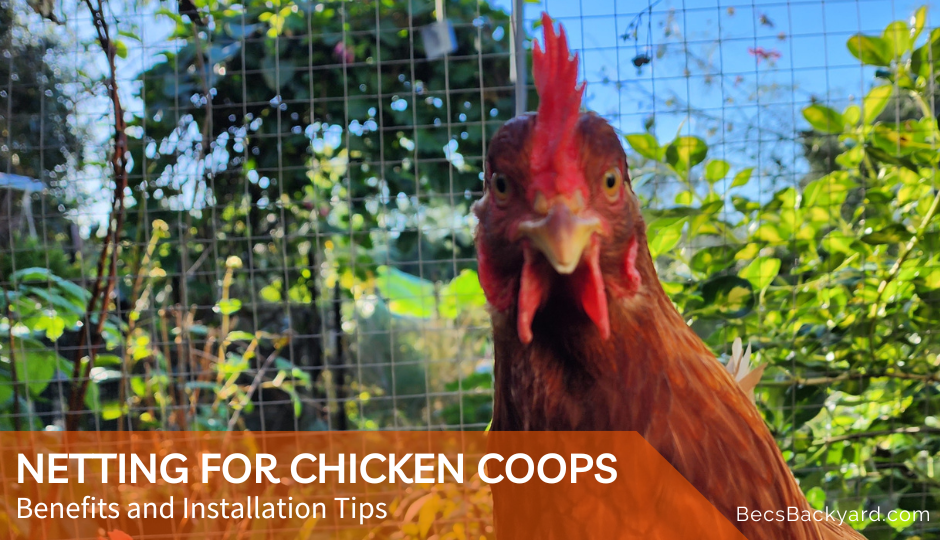
Keeping chickens in a coop is a popular hobby for many people, and it’s easy to see why. Chickens are entertaining and provide fresh eggs, meat, and fertilizer for gardens. However, keeping chickens safe and secure is essential, and one way to do that is by building or purchasing a chicken coop that uses netting to keep the flock secure. Here we look at Netting for Chicken Coops.
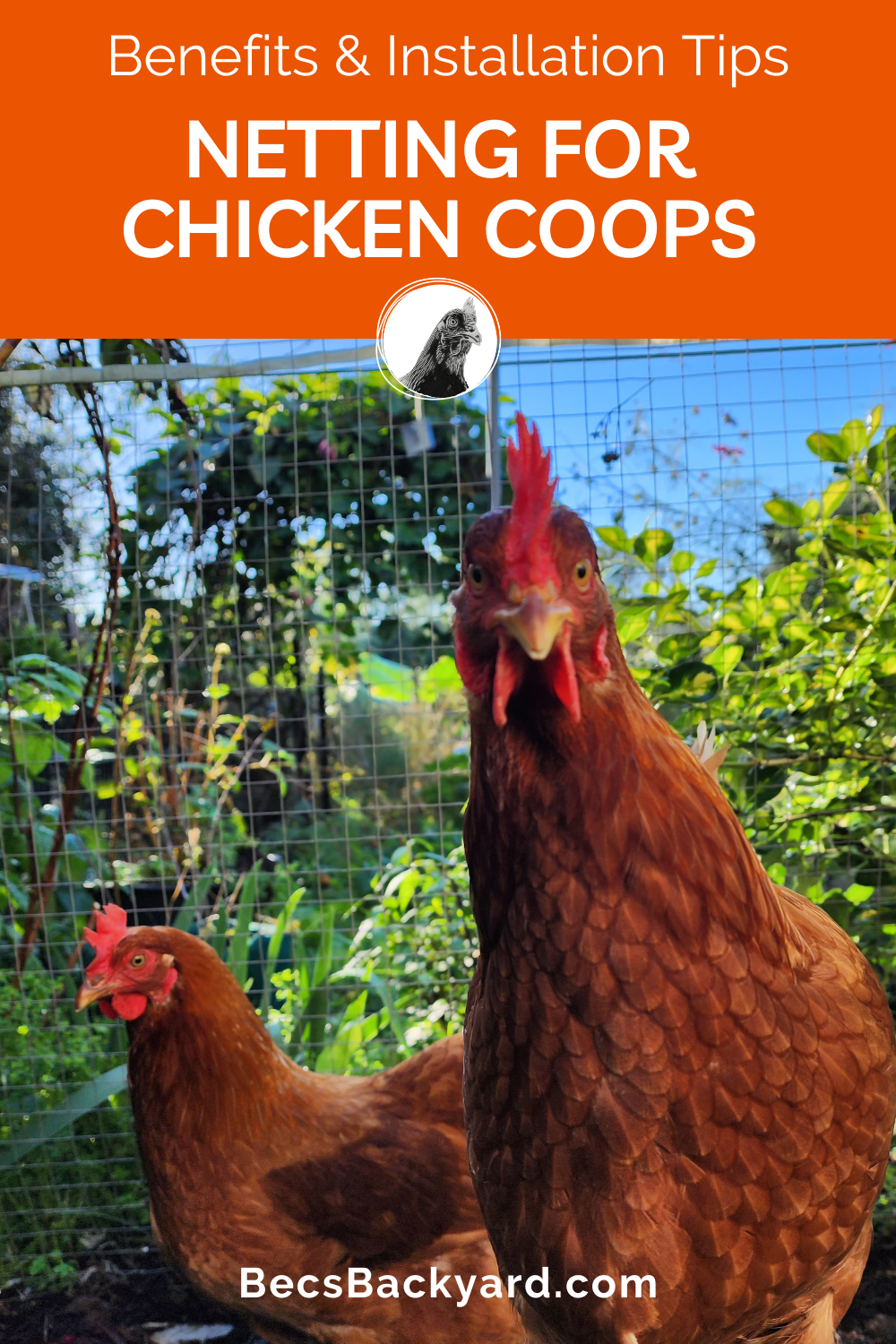
Why Use Netting for Chicken Coops?
Poultry netting is a type of wire mesh that is used to keep chickens and other poultry safe from predators. It’s an essential component of any chicken coop and run, and it can be used to create a barrier around the entire coop or just the run. Poultry netting is available in various sizes and materials, and it’s important to choose the right type for your needs.
When selecting poultry netting, it’s important to consider the size and type of predators in your area. For example, if you live in an area with a lot of raccoons, you’ll need a heavy-duty netting that can withstand their sharp claws. Additionally, you’ll need to consider the size of the holes in the netting. If the holes are too large, predators can easily reach through and grab a chicken. On the other hand, if the holes are too small, it can be difficult for you to reach in and grab a chicken when you need to.
Keeping your chickens safe and secure is a top priority for any backyard chicken keeper. One effective way to protect your flock is to use netting around your chicken coop. There are several reasons why netting is a good investment for your chicken coop.
Protect Your Chickens from Predators
One of the main reasons to use netting around your chicken coop is to protect your chickens from predators. Chickens are vulnerable to a wide range of predators, including raccoons, foxes, and hawks. Netting can help keep these predators out and protect your flock.
When choosing netting for your chicken coop, it’s important to select a type that is strong and durable. Hardware mesh is a good choice for areas of containment such as large runs, while plastic poultry netting can be a cost-effective way to fence in larger areas.
Prevent Chickens from Escaping
Another benefit of using netting around your chicken coop is that it can help prevent your chickens from escaping. Chickens are notorious for finding ways to escape their enclosures, and once they’re out, they can be difficult to catch.
Netting can help keep your chickens contained, even if they try to fly or jump over the fence. When choosing netting for this purpose, it’s important to select a type that is tall enough to prevent your chickens from flying over it.
In addition to protecting your chickens and preventing them from escaping, netting can also help keep your coop clean and free of debris. It can also help keep your chickens healthy by preventing the spread of diseases and parasites.
Overall, using netting around your chicken coop is a smart investment that can help keep your chickens safe and secure. By selecting the right type of netting and installing it properly, you can enjoy the peace of mind that comes with knowing your flock is protected.
Types of Netting
When it comes to choosing netting for your chicken coop, there are a few different options to consider. The type of netting you choose will depend on your specific needs and preferences. Here are the three main types of netting to consider:
Plastic Netting
Plastic netting, also known as poultry netting, is a lightweight and flexible option that is easy to install. It is typically made from a high-density polyethylene material and can come in a variety of colors. Plastic netting is great for overhead protection and can keep your flock safe from birds of prey like hawks and owls. However, it is not strong enough to deter most predators and should not be used as the sole form of protection for your chickens.
Wire Netting
There are a few options for wire netting.
Chicken Wire, is a popular option for chicken coops. It is made from a galvanized steel wire and has a hexagonal mesh pattern.
Hardware Cloth is a welded wire mesh that is used in the construction industries, and it is perfect for chicken coops especially around the base and under the flooring to deter and stop burrowing pests.
Wire netting is strong and durable, making it a great option for keeping predators out. Secured properly it will provide long term security for your Chicken Coop.
Nylon Netting
Nylon netting is a newer option that is gaining popularity among chicken owners. It is made from a high-strength nylon material that is lightweight and easy to install. Nylon netting is strong enough to keep predators out and is also resistant to UV rays and weather damage. It is a great option for those who are looking for a low-maintenance and long-lasting solution.
When choosing netting for your chicken coop, it is important to consider factors like strength, durability, and ease of installation. Each type of netting has its own advantages and disadvantages, so be sure to choose the one that best fits your needs.



This is similar to the weld wire mesh that we use at Becs Backyard. It is durable and can be used in a multitude of ways. It’s a definite thumbs up from us!
Find on AmazonWhen Purchasing Netting
Consider the Size of Your Coop
The first thing to consider is the size of your coop. If you have a small coop, you may only need a small amount of netting. However, if you have a larger coop, you may need to purchase more netting to cover the entire area. Make sure to measure your coop before purchasing netting to ensure that you get the right amount.
Think About the Type of Predators in Your Area
Another important factor to consider is the type of predators in your area. Different types of netting may be more effective at keeping out certain predators. For example, if you have problems with raccoons, you may need to purchase netting with smaller mesh sizes. If you have problems with hawks, you may need to purchase netting that will be used over the entire chicken run to avoid the aerial attacks.
Evaluate Your Budget
Finally, it’s important to evaluate your budget when choosing netting. There are many different types of netting available, and some are more expensive than others. While it’s important to choose netting that will keep your chickens safe, it’s also important to choose netting that is within your budget.
In conclusion, choosing the right netting for your chicken coop is an important decision that requires careful consideration. By thinking about the size of your coop, the type of predators in your area, and your budget, you can make an informed decision that will keep your chickens safe and happy.
Installing Netting
If you have chickens, you need to protect them from predators. One way to do that is by installing netting around your coop. Here are the steps to take when installing netting.
Measure Your Coop
Before you start, measure your coop to determine the amount of netting you need. Measure the length, width, and height of your coop. Add an extra couple of feet to each measurement to ensure that the netting will cover the entire coop and can be laid along the ground around the perimeter of the coop. Once you have your measurements, you can purchase the right amount of netting.
Attach the Netting to the Coop
Once you have your netting, you can start attaching it to the coop. Start by attaching the netting to the top of the coop. Being able to use one continuous length around the coop is helpful because it reduces the joins and potential places where a critter can break in.
You want to use something that wont pop off easily when pulled such as staples. If you use staples to secure the mesh you might want to try a secondary form of securing it such as screwing a length of timber beading across the netting.
Secure the Bottom of the Netting
Finally, secure the bottom of the netting to the ground. It is best to make sure you have at least a foot of mesh laying over the ground to stop burrowing predators from digging outside of the coop to get under and into coop with your flock. You can use landscape staples or tent stakes to secure the netting to the ground, making sure the netting is tight and secure. then covering the mesh with soil, mulch, stone or sand.
By following these steps, you can install netting around your coop to protect your chickens from predators.
Maintaining Your Netting
Keeping your chicken coop netting in good condition is important to ensure the safety and well-being of your flock. Here are some tips on how to maintain your netting:
Inspect the Netting Regularly
Regular inspections of your netting can help you identify any damage or wear and tear. Check for holes, rips, or any other signs of damage that could potentially allow predators to enter your coop. You should also check the tension of your netting to ensure that it is secure and not sagging.
Clean the Netting When Necessary
Dirt, debris, and bird droppings can accumulate on your netting over time. This can make your netting less effective and also create an unsanitary environment for your chickens. Clean your netting periodically with a mild detergent and water. You can use a soft brush or sponge to gently scrub away any dirt or debris. Rinse thoroughly with water and allow to dry completely before reattaching to your coop.
Replace Damaged Netting
If you notice any holes or tears in your netting, it is important to replace it as soon as possible. Damaged netting can compromise the safety of your chickens and make them vulnerable to predators. When replacing netting, make sure to choose a high-quality material that is appropriate for your specific needs. You may also want to consider burying your netting to prevent predators from digging under it.
By following these simple maintenance tips, you can help ensure the safety and well-being of your chickens. Regular inspections, cleaning, and replacement of damaged netting can go a long way in protecting your flock from predators and creating a safe and healthy environment for them to thrive in.
FAQs
Here are some frequently asked questions about chicken coop security and netting for chicken coops.
Why is netting important for chicken coops?
Netting is important for chicken coops because it provides protection against predators and helps to keep the chickens safe and secure. It prevents birds of prey, such as hawks and owls, from swooping down and attacking the chickens. Additionally, it keeps out other animals like raccoons and foxes that may try to get into the coop
What types of netting are suitable for chicken coops?
There are various types of netting that are suitable for chicken coops, including welded wire mesh, poultry netting, and aviary netting. Welded wire mesh is sturdy and provides excellent protection, while poultry netting is more affordable and suitable for smaller predators. Aviary netting is ideal for larger enclosures or free-range areas.
How do I install netting in my chicken coop?
To install netting in your chicken coop, start by measuring the dimensions of the coop and determining the amount of netting you’ll need. Attach the netting securely to the framework of the coop using staples, zip ties, or clips. Ensure that the netting is properly tensioned and covers all openings to prevent any potential entry points for predators.
Can netting be used for other purposes besides predator protection?
: Yes, netting can serve multiple purposes besides predator protection. It can also be used to keep chickens within a designated area, such as a specific grazing area or garden bed. Netting can be an effective solution to prevent chickens from wandering into areas where they may cause damage or face potential dangers.
Conclusion
In conclusion, netting plays a vital role in safeguarding chicken coops and the well-being of the flock. By implementing suitable netting, chicken owners can significantly reduce the risks posed by predators, including birds of prey and other animals. Whether it’s welded wire mesh, poultry netting, or aviary netting, the choice of netting should be based on the coop’s size, the potential predators in the area, and the specific needs of the chickens.
Installing netting requires careful attention to detail to ensure a secure enclosure. By following the recommended installation guidelines and properly tensioning the netting, chicken owners can create a reliable barrier against predators. Furthermore, netting can serve additional purposes beyond predator protection, such as confining chickens to specific areas or protecting gardens from their foraging habits.
Remember, the safety and security of your chickens should always be a priority. By investing in quality netting and maintaining a well-protected coop, you can provide your feathered friends with a safe environment to thrive in.
Additional Chicken and Gardening Resources
If you are interested in learning more about backyard gardening and chicken keeping, or want to find out more information on creating a sustainable environment for your flock, here are some additional resources you may find helpful:


